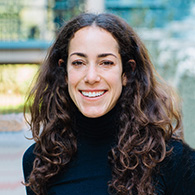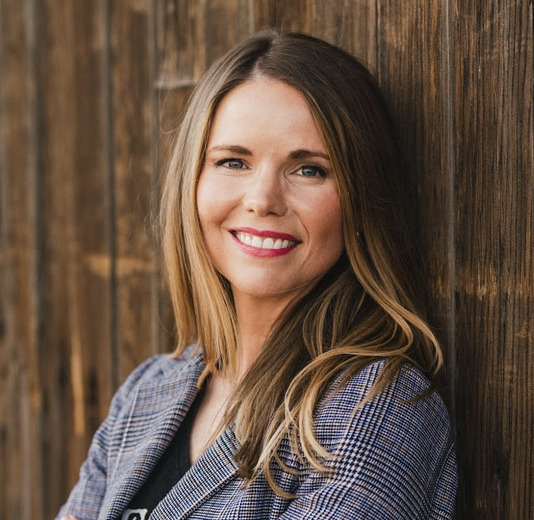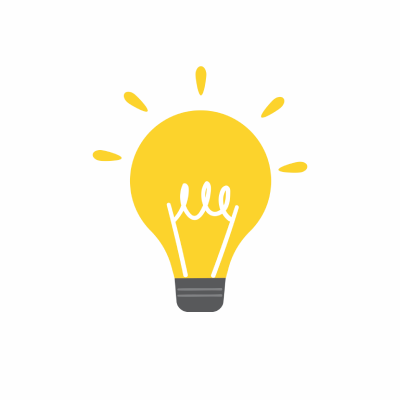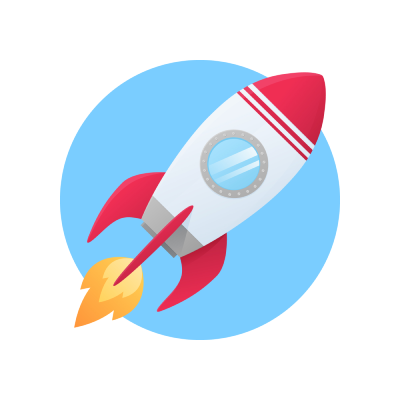Ben Castleman
Newton and Rita Meyers Associate Professor in the Economics of Education
Batten School of Leadership and Public Policy, University of Virginia
Phase II is now closed. Results will be announced in March.

Tools that increase the effectiveness and reach of higher education, particularly in support of adult learners. Competitors in this track should propose solutions that increase equitable education, supporting learners in engaging in and successfully completing learning experiences, and/or navigating career pathways.
This track is particularly interested in proposals targeting adult learners* from high-need demographics who have been historically and systemically underserved by current education and workforce systems. We are especially interested in innovative ideas that leverage technology to improve equity and access in higher education. Our emphasis is on tools that complement instruction, support learning and career outcomes and allow adult learners to develop new skills and transition into new careers. This may include, but is not limited to, tools that:
Competitive tools should facilitate continuous data collection on learner persistence, engagement, and progress, and support research insights on factors driving completion of learning experiences and career outcomes. Solutions may help to understand the type of design that can accelerate learner progress, how to increase completion rates and decrease the time to completion, the barriers to learner persistence, or how to identify effective career pathways.
Adult learners* in higher education, particularly from underserved and underrepresented communities. While proposals focused on higher education broadly may also be competitive in this track, a subset of awards will be reserved for tools targeting the specific populations defined as competitive priorities below.
*Adult learners may include, for example, working adults, those who delayed enrolment in higher education after high school, single parents, or those in other circumstances.
Competitors worldwide are invited to submit, but tools must serve or intend to serve learners and institutions in the United States. We welcome proposals from teams or individuals from all backgrounds, including edtech companies, researchers/universities, educators, or students (undergraduate or graduate).
A subset of awards will be reserved for:

Tools Competition judges play a critical role in selecting Tools Competition Winners and bring expertise spanning philanthropy, research, industry, and education. Judges will hear virtual pitches from finalists in Phase III of the competition.


Ben Castleman
Newton and Rita Meyers Associate Professor in the Economics of Education
Batten School of Leadership and Public Policy, University of Virginia


Vice President and Program Officer, Jobs & Skills, Global Philanthropy
JP Morgan Chase & Co.




Executive Vice President, Policy, Advocacy & Communications
Strada Education Foundation























Determine whether you are eligible to apply for the OpenAI Learning Impact Prize (optional).

In Phase I, competitors will indicate if they intend to compete for the Implementation Impact Prize. In Phase II, competitors will detail their partnership plan. To be eligible, tools must support learners in a fully online learning environment and competitors must serve or intend to serve learners in the State of California.

OpenAI will select up to three recipients of the OpenAI Learning Impact Prize among competition winners who will receive $100,000 in additional funds, $10,000 in OpenAI API credits, and technical guidance from OpenAI engineers. Select contenders will also receive $2,500 in OpenAI API credits.
Competitors across all tracks that indicate an interest in being considered for this award will complete additional requirements when submitting their proposal materials.
Novelty of the tool
and technology
Potential impact and likelihood to improve learning
Attention to equity to support learning of historically marginalized populations
Demand from learners, families, and educators
Ability to support learning engineering
Ability to scale to additional users and/or domains
The Tools Competition funds edtech tools and technologies that support learning outcomes and can contribute to learning science research.
Eligible tools have the potential to generate novel learning data that researchers can study to better understand learning at scale. This may include an app, software, algorithm, or other digital technology that facilitates or supports continuous data collection and has the potential to scale at minimal cost.
Please note that this definition is not exhaustive. As technology continues to develop and innovations are created globally, other tool concepts may also be competitive.
Not sure your tool is eligible? Explore winning tools from previous years or get in touch.
Competitors submit an abstract describing the concept for their tool and responding to the evaluation criteria.
Competitors develop a proposal and budget detailing their tool and its technology and responding in detail to the evaluation criteria. Rubrics will be posted when Phase II opens.